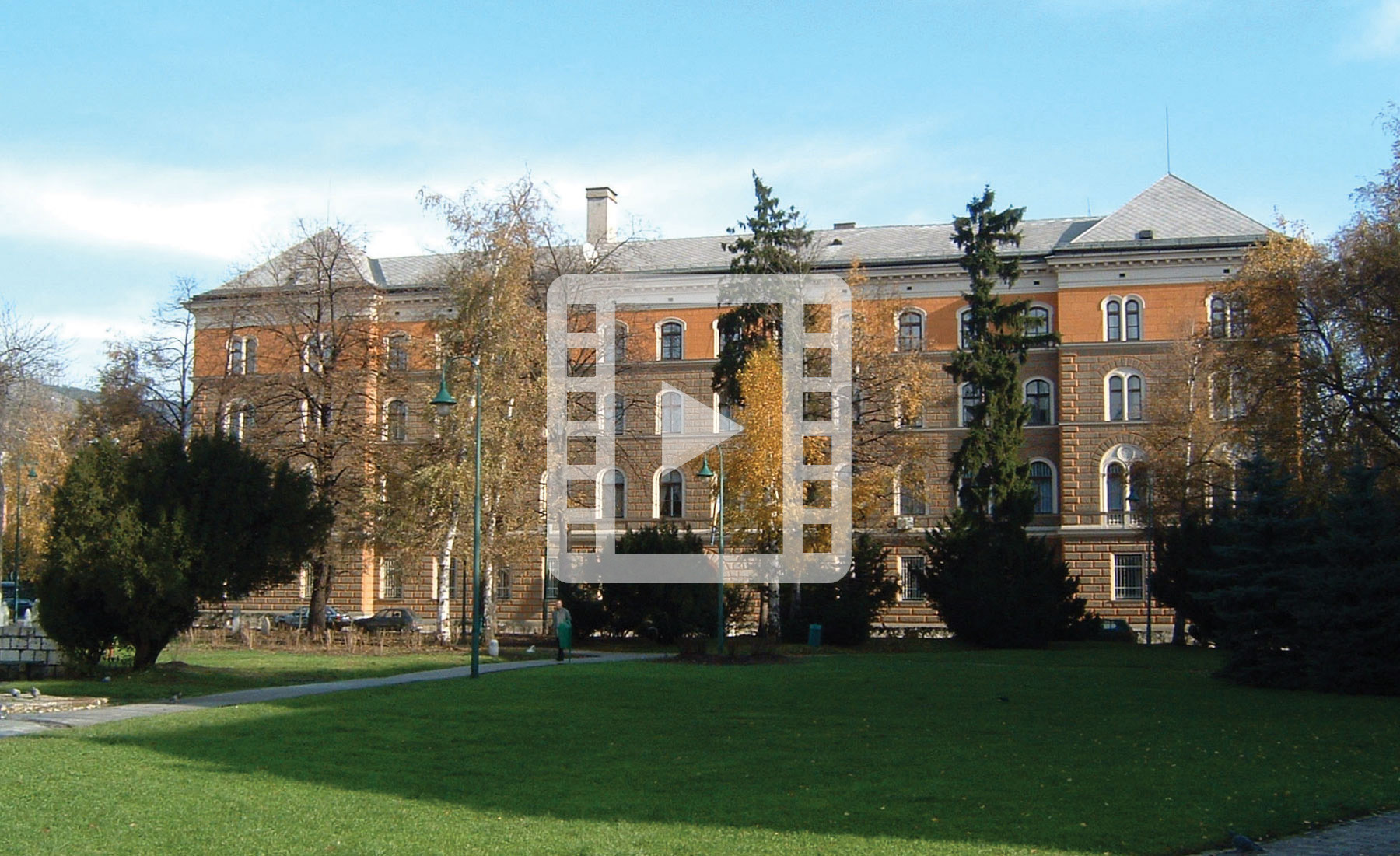The High Judicial and Prosecutorial Council (HJPC) should adopt a comprehensive and unified communication strategy that will harmonize access to information on the work of courts in Bosnia and Herzegovina (BiH) for the public to understand the role and operation of the courts. This is the conclusion of the Fourth Annual Conference of the Judicial Forum for BiH held today in Sarajevo with the topic: Publicity and Transparency of the Judicial System – European Standards and Practice in BiH.
The conference brought together the representatives of the Constitutional Court of BiH, the Court of BiH, the Supreme Courts of the Federation of BiH and the Republika Srpska, the Appellate Court of the Brčko District of BiH, the HJPC, the Personal Protection Data Agency in BiH, and the media.
The Conference was organised by the Constitutional Court of BiH and the AIRE Centre Western Balkan Programme, in cooperation with the HJPC and with the support of the British Embassy in Sarajevo.
Zlatko Knežević, President of the Constitutional Court of BiH, stressed that the Constitutional Court and the AIRE Centre traditionally organise the Annual Judicial Forum attended by the representatives of the highest courts in BiH as well as the eminent foreign experts.
“Robert Spano, the President of the European Court of Human Rights opened the today’s Forum, and the introduction to the topic of ‘transparency’ was given by Lord Robert Reed, the President of the Supreme Court of the United Kingdom. Therefore, their presentations, the presentations of the presidents of the highest courts in BiH and media editors in BiH, are expected to give a significant contribution to the future better relationship between the judiciary and the media with the objective of full transparency in the work of the courts and the informing of the general public,” President Knežević said.
Halil Lagumdžija, President of the HJPC, underlined that the strategic documents of the HJPC BiH unequivocally speak about the commitment of the institution to pay due attention to the transparency as well as other segments of the work.
“We are aware that the transparency of the judicial institutions and the accessibility of data has a positive effect on understanding the functioning of courts and prosecutor's offices, and thus to the public perception that law and justice are available to all under equal conditions,” President Lagumdžija said.
Speaking of the problems encountered in the communication with the media, the representatives of the courts indicated that journalists are not familiar with the procedures and competencies of prosecutor's offices and courts.
Robert Spano, the President of the European Court of Human Rights, Lord Robert Reed, the President of the Supreme Court of the United Kingdom spoke about communication practices and the importance of strengthening trust in the judicial system.
Matt Field, British Ambassador to BiH, indicated that the transparency of the institutions is crucial for building a democratic society and that the judicial institutions, as the rule of law guarantors, should be the leaders when transparency is concerned.
“Covid-19 pandemic has hindered the work of the judiciary around the world, Bosnia and Herzegovina not excluded. At the same time, the pandemic showed us how important the role of journalists and the media is as checks and balances in the society. The challenges raised by this topic cannot be resolved at once, but it is important to work on them. We are, therefore, particularly pleased to have this issue raised within the highest judicial institutions in BiH,” Ambassador Field said.
Biljana Braithwaite, Director of the AIRE Centre Western Balkan Programme, stressed that the Judicial Forum is a part of extensive activities that the AIRE Centre carries out in Bosnia and Herzegovina in cooperation with the highest courts, which are aimed at strengthening the implementation of the European Convention on Human Rights and its standards in Bosnia and Herzegovina.
“The issue of the access of public became particularly relevant during past year in which the courts all over Europe faced a number of restrictions. The crisis has prompted the institutions to seek new communication models that will ensure that their work is visible even in extraordinary circumstances. Complete and timely information on the work of courts will ensure better understanding of their role and importance by citizens, and thereby contribute to the strengthening of public confidence in the judiciary,” Director Braithwaite said.
Media representatives emphasized that journalists have difficulty accessing information at the courts and that the institutions do not have a uniform manner of communication.
The participants were also presented with the research of the Mediacentar Sarajevo on transparency of judicial institutions and media coverage of judicial topics during the pandemic in Bosnia and Herzegovina. This report indicates that the courts and prosecutor’s offices did not have the uniform communication practice while media coverage was often fragmented and without extensive research on particular topics.
The Judicial Forum for BiH brings together the representatives of the highest courts and aims to promote the implementation of the European Convention on Human Rights, foster cooperation among the highest courts on the continuous development of the rule of law and human rights and facilitate accession process of Bosnia and Herzegovina to the EU.







